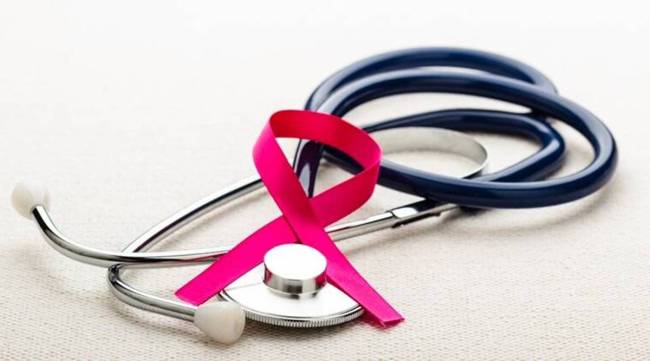Opinion In dealing with cancer, awareness holds the key
In India, 50-60 per cent cancers can be avoided by keeping risk factors in mind
 "The National Cancer Registry Programme estimated 13.9 lakh new cases of cancer in 2020 and 14.6 lakhs cases in 2022," writes Prashant Mathur.
"The National Cancer Registry Programme estimated 13.9 lakh new cases of cancer in 2020 and 14.6 lakhs cases in 2022," writes Prashant Mathur. Written by Prashant Mathur
Cancer is feared for the intensity of suffering it causes, and the feeling that death may be closer than one would like to accept. Mostly, the diagnosis is devastating and paralyses the ability to think and act reasonably. Cancer outcomes definitely improve with high levels of awareness, early detection programmes and equitable access to care. Visits to health care facilities are largely dependent upon heath seeking behaviour. They are also driven by awareness levels of the patient and care givers. Impediments towards cancer awareness are enveloped in a complex web of mis-information, myths, beliefs, superstitions and cultural practices.
The National Cancer Registry Programme estimated 13.9 lakh new cases of cancer in 2020 and 14.6 lakhs cases in 2022. Going by current trends, the number of cases could increase to 15.6 lakh by 2025. Among men, the top five cancers are of lung, mouth, prostate, tongue and stomach while in women they are of breast, cervix, ovary, uterus and lung. Overall, one in nine Indians are at risk of developing cancer in their lifespan in the absence of other competing illnesses and death. Almost half to three-fourths of all cancers are diagnosed at a stage where the disease has advanced and spread in the body, leading to poor survival rates. The commonly noted delays are in establishing a diagnosis from the time of the onset to symptoms and from the diagnosis to starting the treatment. This is worrisome.
The Ministry of Health and Family Welfare has offered a slew of interventions to curb the cancer burden — screening for cancers of breast (females), cervix and oral cavity, strengthening cancer care infrastructure and services, the Ayushman Bharat scheme to make treatment affordable for its large number of beneficiaries, telemedicine use in cancer care and many other state driven schemes and programmes. Creating awareness is an important component across all these interventions. Surveys have shown a dismal uptake of around one per cent for the programme for oral, breast (female) and cervix cancers by the eligible population. The ministry announced November 7 as the National Cancer Awareness Day to generate awareness about early detection and avoidance of leading cancer-causing lifestyles. It reminds us of the roles and responsibilities of all sections of society to enable risk reduction through lifestyle changes and seek early diagnosis and treatment.
Inadequate awareness about cancer impedes utilisation of services. The disease provides several opportunities in the path of its continuum of care; risk factors/harmful exposures, screening, early detection, diagnosis, treatment, follow up, supportive and end of life care.
Each phase in this journey needs an aware and enlightened patient, care giver, health care professional, providers of services and policy makers. In India, about 50-60 per cent of cancer cases can be avoided by addressing the known risk factors. The key areas for awareness are to know what are the high risk factors that can cause various types of cancers (tobacco, alcohol, unhealthy diet, obesity, diabetes or metabolic syndrome, pollution of air, water, soil and certain infections), how to mitigate them to prevent the occurrence and recurrence of cancer, obtain proper diagnosis, start appropriate treatment at the earliest, comply with treatment instructions so as to complete it, follow through with instructions to assess for treatment response and adverse events, and any possible complications. Survival and outcome of cancer is dependent on the quantum of dose of risk factors compounded with their duration of exposure, stage of cancer at diagnosis, time delay in starting and completing treatment, meticulous follow up, following a healthy lifestyle, ensuring good nutrition and adequate physical activity. High degree of suspicion is needed based on risk stratification. The pre-cancerous phase in most cases lasts for a long time before it turns invasive and explodes to other parts of the body. Most of the early symptoms like loss of appetite, vomiting, weakness, tiredness, swelling, non-healing ulcer and bleeding mimic common illnesses and they contribute to delayed diagnosis.
Advancement in knowledge about the disease, development of better diagnostic facilities, safer treatment options, improved supportive care driven by passionate research has brought us to a stage, when we need to act, not fear. Hearteningly, the overall survival for many cancers has improved markedly over the past few decades with early diagnosis and treatment.
The writer is Director, ICMR National Centre for Disease Informatics and Research




